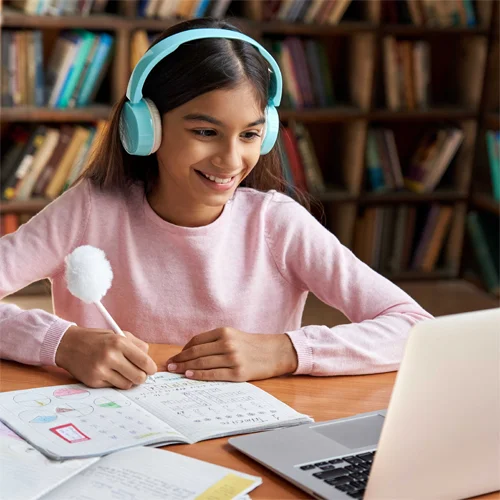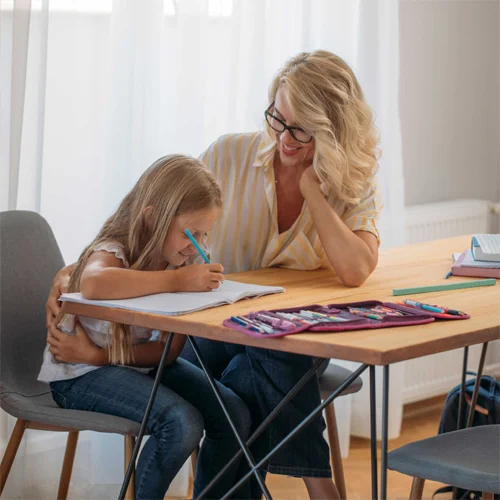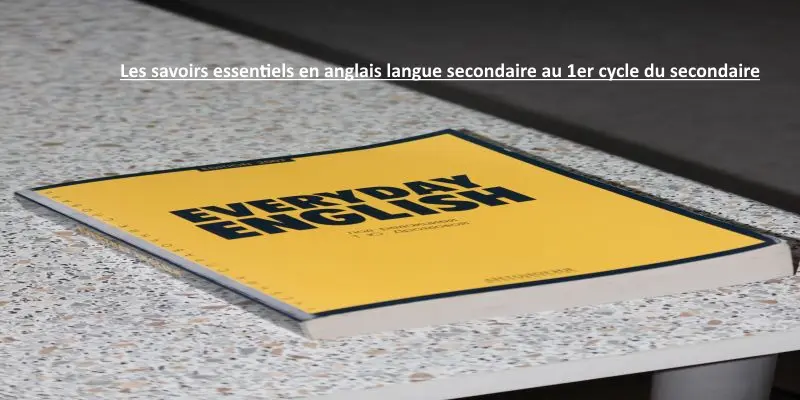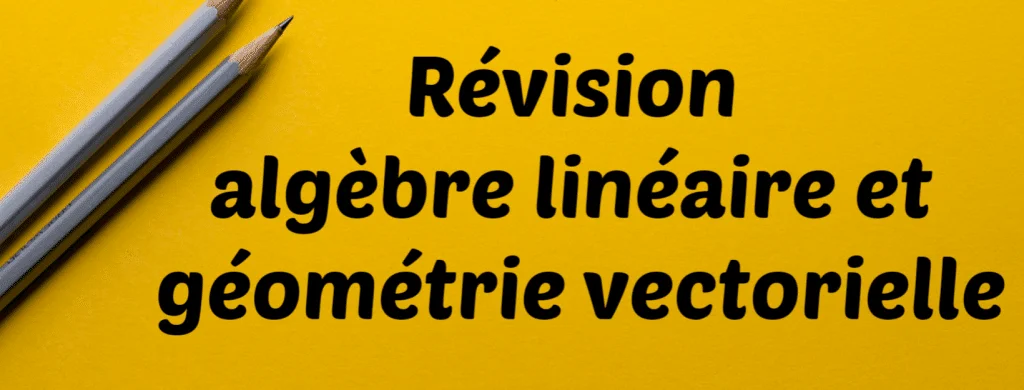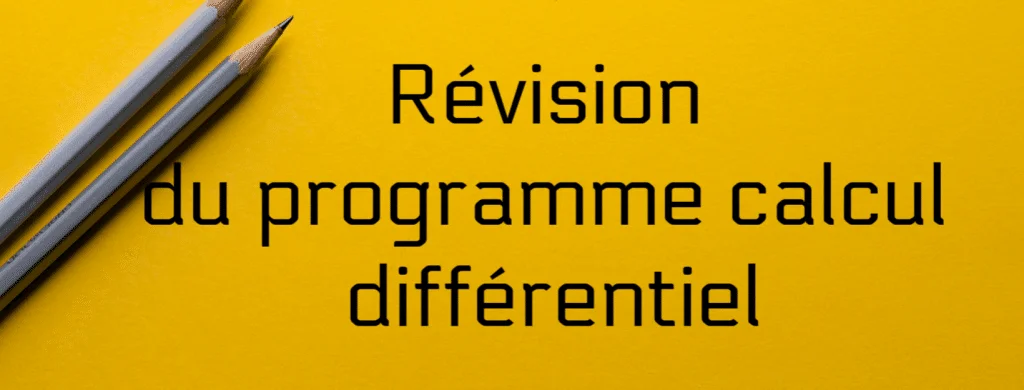Essential knowledge in English as a second language
The great adventure of high school begins! Your child will learn a great deal during his or her five-year academic journey. In English, there are two programs to choose from, depending on his or her level of English as a second language: the Basic Program (ESL) and the Enriched Program (ESL). The ALS program is a progression of knowledge acquired in primary school, which you can find here . The second program, ALSE, has a more enriched content as its name suggests, and is designed for students who either come from English-speaking backgrounds, or who have a good prior knowledge of English. We offer here a revison of the essential knowledge of English as a second language in Cycle 1 of secondary school, for the ALS and ALSE programs. The content is based on the Quebec Education Program.
Weighting
For secondary grades 1 to 5, here’s how weighting is assigned in the English Core Curriculum (ESL):
- Interact orally in English: 40
- Understand texts read and heard in English: 30
- Write texts in English: 30
The weighting is the same in the enriched program (ALSE), but only up to the third year of secondary school.
La pondération est la même dans le programme enrichi (ALSE), mais seulement jusqu’à la troisième année de l’école secondaire.
- Start and end telephone conversations and use voicemail (e.g. Hello, I’m calling about…,Thank you for calling. Please leave a message after the beep).
- Interrupt conversations politely (e.g. Excuse me. Sorry to interrupt, but…, Before you continue…).
- Ask about people, animals, objects and places (e.g. Who are they? Where is it? What’s your…?).
- Use pause fillers to maintain conversation (e.g. I mean…, You know…, Well…)
- Express opinions (e.g. In my opinion…, I think that…, I’m for/against…)
- Ask for other people’s opinions (e.g. What do you think? What’s your opinion? Is he for or against…?)
- Ask about abilities (e.g. Do they know how to…? Can it…? Are you good at…?)
inquire about other people’s feelings (e.g. How do you feel about…? Are you okay? Why is she sad?) - Find out about other people’s interests, tastes and preferences (e.g. Which would you prefer? What’s your favourite…? Why do you like…?)
- Express a decision or indecision (e.g. I decided that…, We choose this one. I’m not sure about this.)
- Ask about other people’s decisions or indecisions (e.g. What have you decided? Have you made up your mind? What’s your decision?)
- Offer help (e.g. Do you want me to help you? I can help you with…, Let me give you a hand).
- Ask about needs, wants and obligations (e.g. What do they need? What does she want? What do we have to do?)
- Offer clarification (e.g. What I said was…, Let me explain…, I mean…)
- Ask for suggestions (e.g. Should I…? What do you suggest? Do you have a suggestion?)
- Vary the pitch of your voice to modulate meaning (e.g. raise your voice to express surprise: It’s snowing?
- Put the accent in the right place and pronounce frequently used words correctly to participate in class life (e.g. Wednesday: \’ wenz-day\)
For the enriched program (ALSE), these essential skills are more advanced and include, among others :
- Discuss your understanding of the literal meaning of the texts explored with others (e.g. The title means…, What did you notice about this text? Based on the pictures, I think…)
- Discuss with others the personal connections made with the texts (e.g. This happened to me once…, Two years ago, my sister…, Would you react in the same way?).
- Discuss constituent elements in written and media text models before engaging in the process (e.g. A chart is useful to…, I noticed that this text has…, The table of contents is important for…).
- Discuss ideas when preparing to write or produce a text (e.g. We need to do some research on this. What media should we use? I have some ideas about…)
- Use targeted vocabulary related to response, writing and production processes (e.g. response process: exploring, connecting, generalizing).
- Use targeted vocabulary linked to linguistic conventions (intonation, pronunciation and grammar) (e.g. talk: silent letter ‘l’)
- Use knowledge of language register and target audience to construct meaning when listening to, reading or viewing a variety of texts.
English vocabulary
As for the vocabulary to be assimilated in Cycle 1 ESL, students progressing through the core program must master the following aspect: use targeted vocabulary related to the student’s fields of interest and needs, such as hobbies, personal relationships and jobs (e.g. sports equipment). They also practice repeating what they’ve heard, as well as rephrasing ideas in their own words using appropriate English vocabulary.
In the enriched program, he develops his vocabulary as he completes tasks on familiar themes (e.g. friendship) or more general topics (e.g. children at work).
The various ways of learning English as a second language
There’s no shortage of resources to help students get to grips with Shakespeare’s language! Without a doubt, reading English books makes it easier to assimilate vocabulary. And television is an invaluable aid for getting used to pronunciation and recognizing English words orally.
Here are a few websites to help you practice your English:
–https://www.anglaisfacile.com/
–http://www.exercicesanglais.com/default.aspx
Essential skills for high school:
French in high school :
- Revision of French in Secondary 1
- Revision of French in Secondary 2
- Revision of French in Secondary 3
- Revision of French in Secondary 4
- Revision of French in Secondary 5
- Become a high school French tutor
- Find a French or French as a second language tutor
High school mathematics :
- Revision Secondary 1 mathematics
- Revision Secondary 2 mathematics
- Revision Secondary 3 mathematics
- Revision of the mathematics technico sciences program (TS4)
- Revison of Culture, Society and Technology (CST4)
- Revison of the mathematics and natural sciences program (SN4)
- Revision of the mathematics technico sciences program (TS5)
- Revison of the mathematics natural sciences program (SN5)
-
- Tips to make homework easier
- Becoming a high school math tutor
- Find a math tutor
- Find an algebra tutor
- Find a science tutor
- Find a biology tutor
- Find a physics tutor
- Find a chemistry tutor
Secondary 4 History
English as a second language in secondary schools :
- Secondary Cycle 1 English as a Second Language
- Secondary Cycle 2 English as a Second Language
- Become an ESL tutor at the secondary level
- Tips to make homework easier
Reference :
-
-
- Ministry of Education and Higher Education of Quebec http://www.education.gouv.qc.ca/enseignants/pfeq/secondaire/
- http://www.education.gouv.qc.ca/fileadmin/site_web/documents/education/jeunes/pfeq/PFEQ_francais-langue-enseignement-premier-cycle-secondaire.pdf
-

